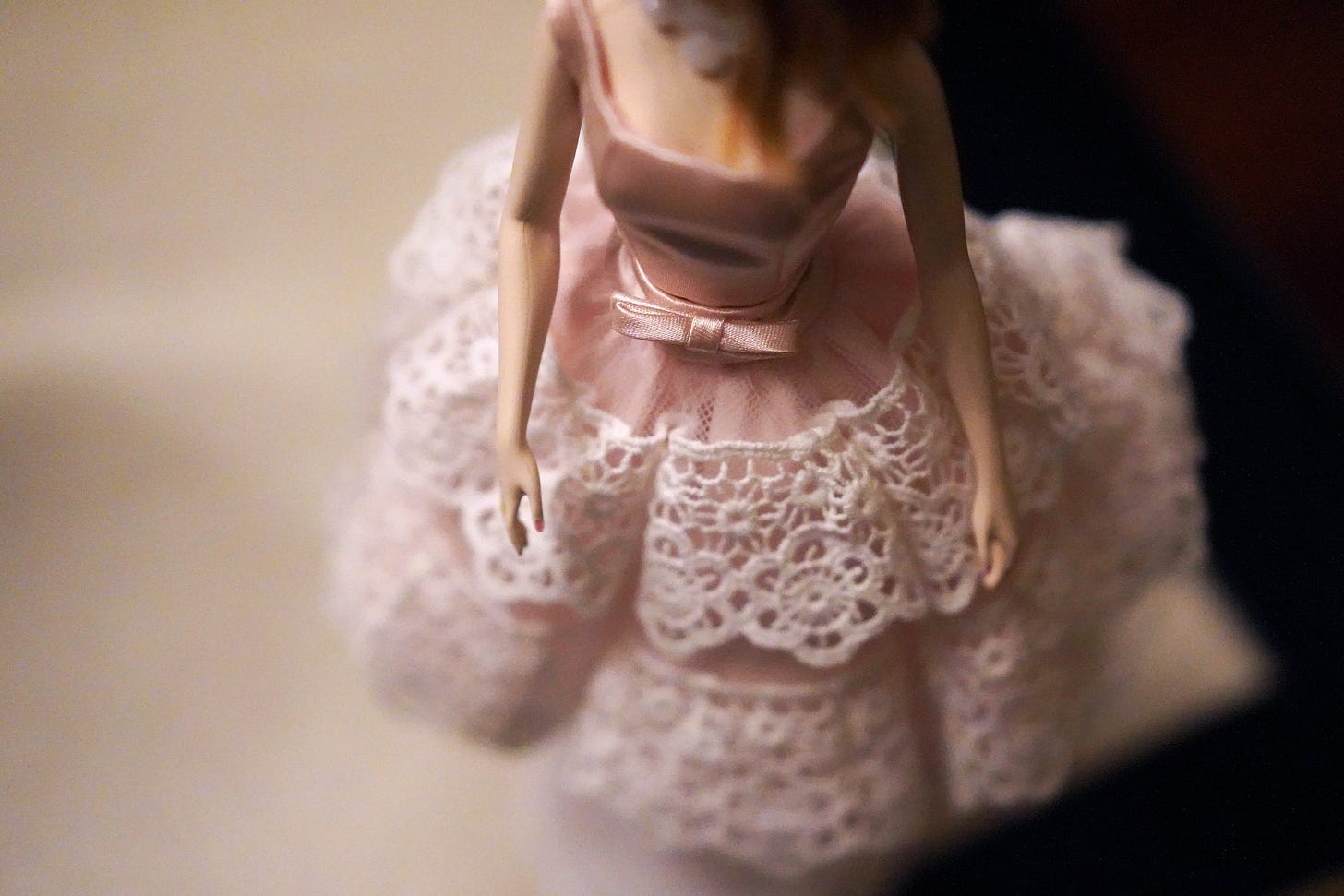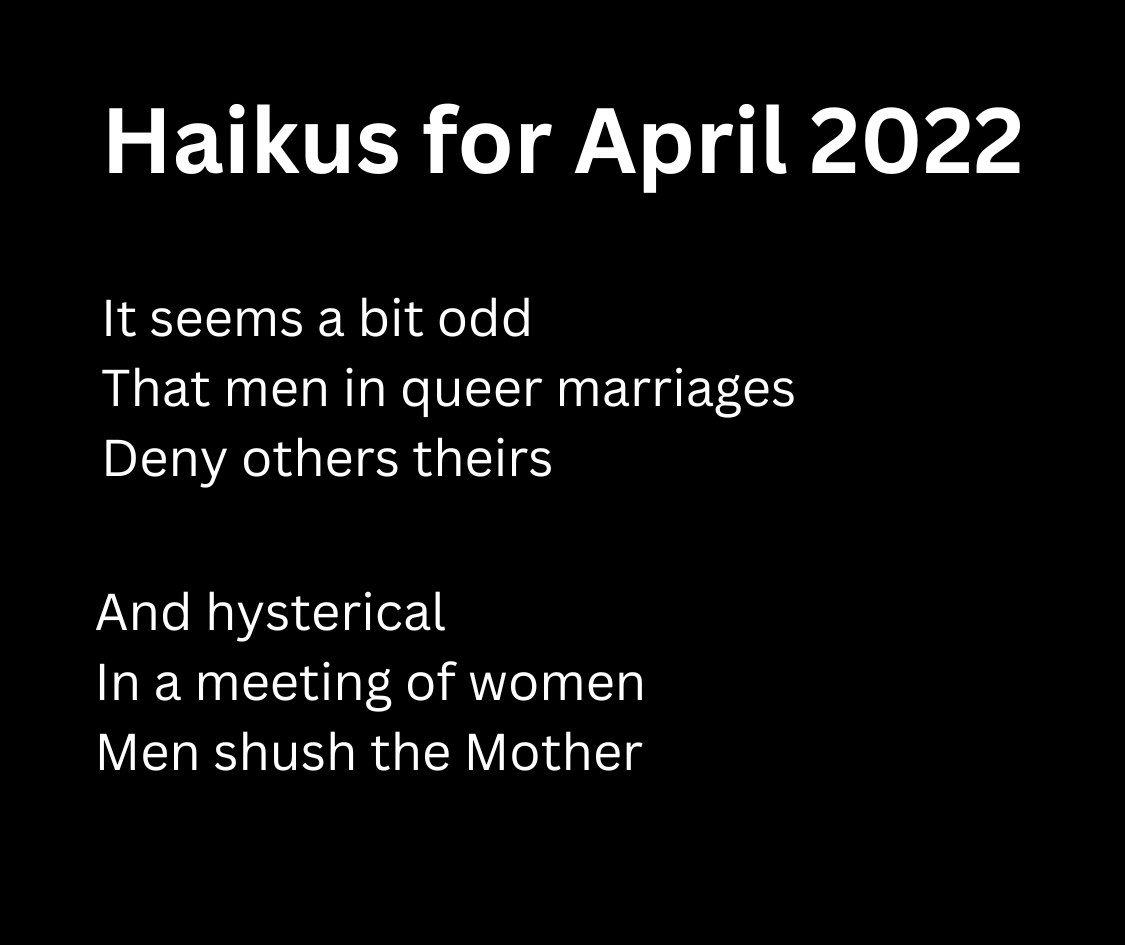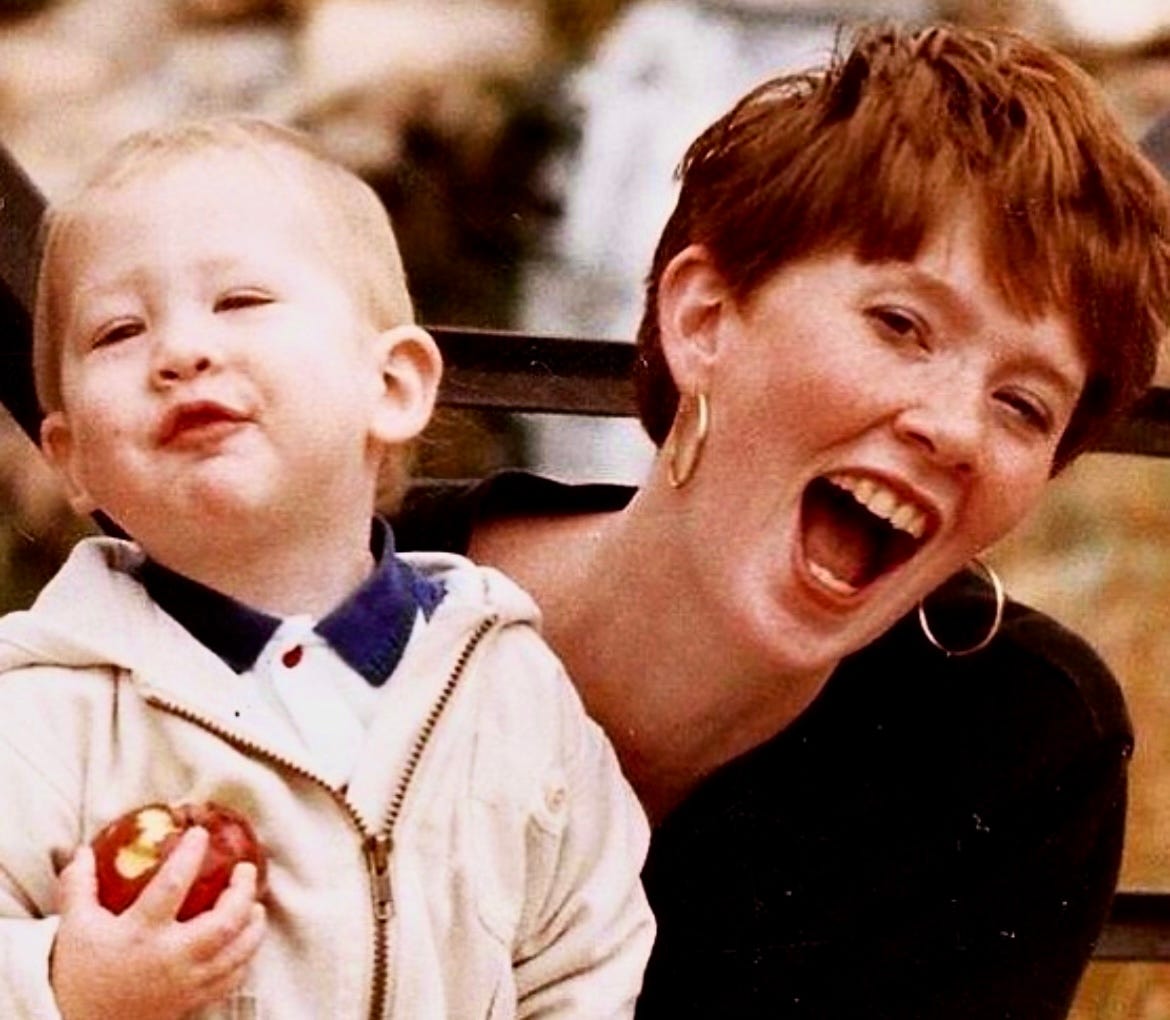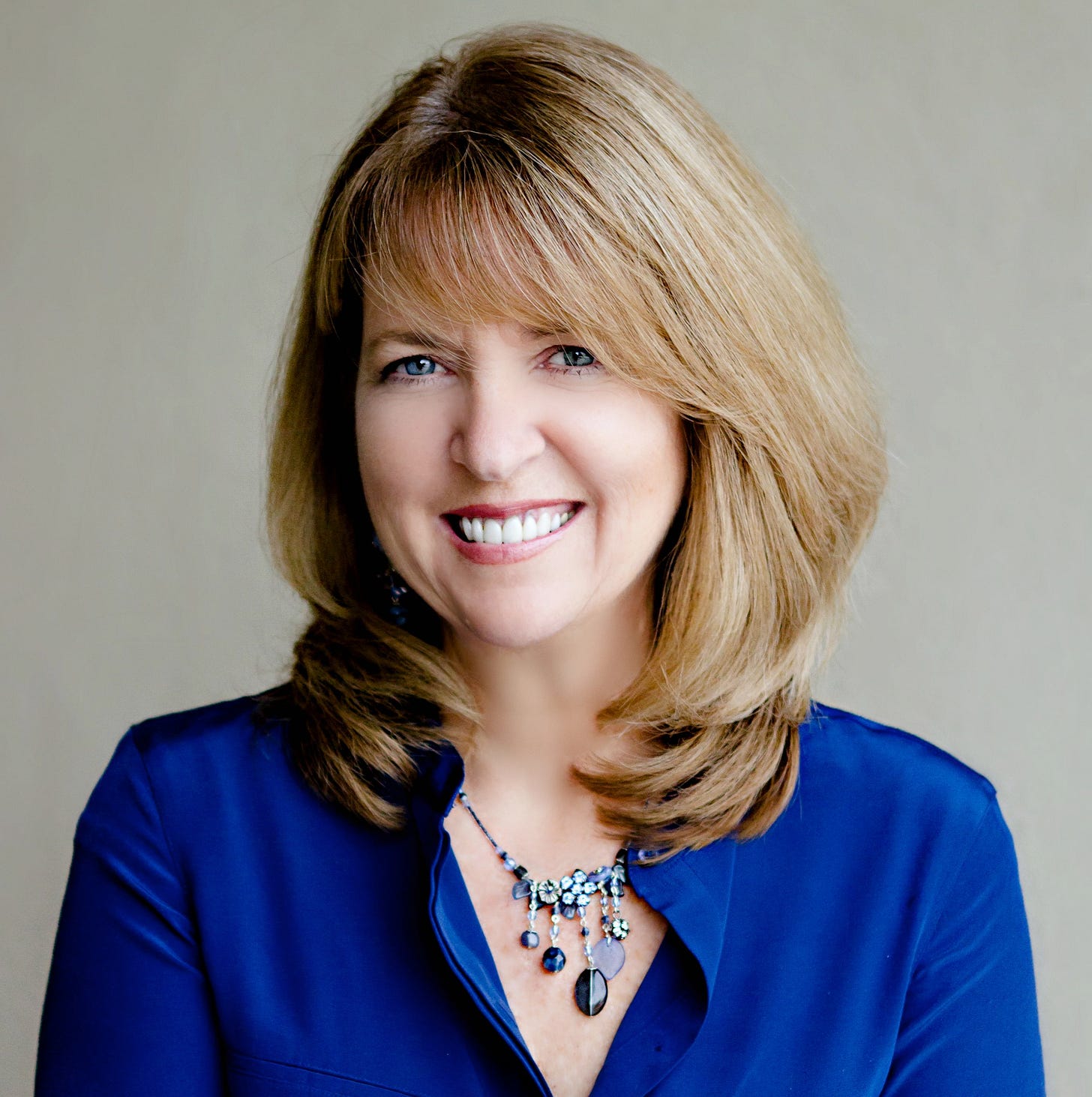The Barbie Monologue for LDS Women
by C. A. Larson
It is literally impossible to be a woman. You are so beautiful
and so smart, and it kills me that you don’t think you’re good enough. Like, we have to always be extraordinary, but somehow, we’re always doing it wrong. You have to be thin, but not too thin. And you can never say you want to be thin. You have to say you want to be healthy, but also you have to be thin. You have to have money, but you can’t ask for money because that’s crass. You have to have important callings in the church, but you can’t want those callings or aspire to them because then you are too ambitious. You have to lead, but you can’t squash other people’s ideas. You are supposed to wake up early, read your scriptures and pray. Also get some exercise in to be taking care of your physical body. You should then bake bread and feed the kids a nutritious breakfast. You are supposed to read scriptures with them and have family prayer and make sure their homework is done and send them off to school perfectly groomed and happy because they are a reflection of you. Then you are supposed to clean your home and prepare for your children and husband to return at the end of the day. Then you are supposed to go to the temple or do volunteer work in the community or schools and take care of those who are in need, the sick and the widows and those who are struggling. You probably should spend some time on your calling and add some family history work into the day too.
You are to beautify the world. Give and give and give and give and then give some more.
You’re supposed to love being a mother, be proud of your kids but not brag about them. You have to answer for men’s bad behavior, which is insane, but if you point that out, you’re accused of complaining. And you have to support the men, because they are the important ones that do the important work. You’re supposed to stay pretty for men, but not so pretty that you tempt them too much or that you threaten other women because you’re supposed to be a part of the sisterhood. And even though you are secretly jealous of other women and all their talents, you have to pretend to be supportive and love them. Always stand out and always be grateful. You have to never get old, never be rude, never show off, never be selfish, never fall down, never fail, never show fear, never get out of line. Stand up for the truth and defend the faith. Be selfless. Make yourself small. Women are to be seen and not heard. You are to beautify the world. Give and give and give and give and then give some more. Your rewards will be in heaven. It is hard and contradictory, and nobody gives you a medal or says thank you! And it turns out in fact that not only are you doing everything wrong, but also everything is your fault. I’m just so tired of watching myself and every other woman tie herself into knots so that people will like us.
Delivered by C.A. as part of a presentation at the ALSSI Fall Gathering, Salt Lake City, October 21, 2023
Diary of a Grouchy Mom with Teens Under Pressure to Serve Missions
by Candice Wendt
Part 1: Segregation
My children and I recently learned after sacrament meeting that instead of going to RS, YW, and YM, we’d all be attending a combined meeting about the missionary program in the chapel. The children groaned. My 11-year-old son started playing hangman in his doodle journal. I whispered letters to him as the meeting began; I wasn’t happy to be there either.
The presenters (who came from outside my stake) said humanitarian service missions were now available to my children. I assumed this meant they could choose a service mission instead of a traditional proselyting mission from the get-go when they submitted their papers, something that would actually make me feel better about their options.
But it wasn’t clear. They were telling me how wonderful the changes were, but the process wasn’t presented at all. So I asked,
“Does this mean kids indicate they choose to serve a service mission on their paperwork?”
“No. Your child will submit all their health and other information and then the priesthood leaders will decide what kind of mission they will serve.”
“Do parents get to give any input in what kind of mission their child wants or needs?”
“No, if your child is without disabilities or mental health issues, they will be assigned to a teaching mission.”
“What if I have a child who doesn’t have significant mental health issues or disabilities, but they don’t feel excited about teaching and want to be assigned a service mission? Makes me wonder if submitting mission papers will feel like a crapshoot, and like this new system doesn’t actually open any choices. Some kids might submit papers, and then reject a teaching call if you told them they could serve a service mission.”
“Rejecting a call from God’s prophet would be a very undesirable outcome. If the kind of mission will be a surprise to the family, the stake president will call you to have a meeting.”
I realized at that moment that our current missionary system segregates kids into two categories: service missions are only for kids with disabilities, mental health challenges, or testimonies/spirituality that is somehow incongruent with our institution’s proselyting system. Teaching missions are preserved for and forced upon the fully able bodied, those with good mental health, and those with conventional testimonies. The teaching missions are still treated as the priority and as the ideal way to serve God. I felt sick thinking about this.
The presenters kept telling me that the service missions are equal to the teaching missions. But I see that as long as forced segregation is happening, and as long as the church makes this choice on behalf of kids and their families instead of letting them make it themselves, these two groups will never by treated or perceived as equal.
If I have a child in a wheelchair, a child who is autistic, or a child with an anxiety disorder, etc., who wants to serve a teaching mission, the church should accommodate them and do what it takes for them to have a positive experience teaching the gospel. The church has the know-how, the network, and the means to do this.
If I have children who don’t have special needs, but who don’t believe in proselyting or aren’t comfortable with our proselyting system, the church should allow them—without playing doctor, prying into their personal lives, assessing their mental health, testimony, etc.—to complete a service mission if that is what they feel is best for them. It’s possible or likely they will do greater good doing full-time community service than searching for people to join our church.
Such service would be a greater offering than unchosen assignments because it could be given out of the heart and out of personal desires to do good.
The segregation of our children must stop for the mission program to become ethical. The lack of honoring personal agency and lack of flexibility and accommodations here must be recognized and dealt with appropriately.
Part 2: Coercion and Teaching a Person Not to Pray
I would end there, but there’s another problem. At the same meeting, the presenters sent a clear message: “For boys, a mission is not a choice; it’s an obligation. Don’t even pray or seek personal revelation about serving a mission, just plan to go regardless of your personal feelings and desires.” Friends and family from different regions keep reporting to me that their teens are getting the same message at youth conferences and meetings, so I’m assuming this is coming from the top.
Why on earth would we ever tell people not to pray? It’s an “evil spirit” that teaches a person they must not pray (2 Ne. 32:8). Could it be this message originates from Satan and not God? Or maybe just from leaders’ anxiety and not-well-thought-out impulses to push and coerce kids into serving missions by hefting authority?
In what circumstance would we ever want our young people to not connect with God and have personal revelation about major life decisions, esp. in effort to serve God? This is against the gospel and the words of Christ. Nephi teaches:
“But behold, I say unto you that ye must pray always, and not faint; that ye must not perform any thing unto the Lord save in the first place ye shall pray unto the Father in the name of Christ, that he will consecrate thy performance unto thee, that thy performance may be for the welfare of thy soul” (2 Nephi 32:9).
I don’t think God would want kids to do something as big as a mission without praying about it first. Going in an unthinking borg-like way (the borg are a half-robot collective hive mind from Star Trek, they don’t think for themselves) would be harmful to the welfare of their souls. I shouldn’t have to deal with boundary-violating rhetoric I have to undo at home after church meetings. But it appears this is the reality I’ll be dealing with for the next 7 or more years.
Part 3: A Dreadful Mismatch for Today’s Complex Kids
The other day my son asked me if missionaries actively try to convince people to leave faith traditions they are content with and to be convinced our faith is right and convert. When I said yes, he was shocked and uncomfortable thinking of doing that himself. My son lives in a more pluralistic world that any generation has before. The old approaches to why and how sharing the gospel is to be done simply do not fit the world he lives in.
The current generation of kids is more resistant to pressure in the old-fashioned manipulative spirit of “we only truly accept you if you believe in and follow all the tenets of this faith tradition” than any before. Many kids today enter stages of faith complexity and perplexity earlier than in the past. They tend to start thinking for themselves earlier, and to be much more uninhibited in expressing doubts, reticence, and ways their beliefs and values don’t line up with church.
GenZ young adults and teens greatly value personalized beliefs. They seek faith and spiritual practices they can claim as personal, whole-hearted, and authentic all the way through. They tend to not be willing to compromise when it comes to organized religion. Rather than “making do” with something they feel lukewarm about, they want the whole package—transparency, honesty, equality among members, ethical practices, apologies and amends for past abuses and mistakes, etc.—in order to fully get on board with a faith group. If they can’t find this, in many cases, they prefer to do their own personal thing and connect with like-minded friends instead. I’ve learned this working at a university multi-faith centre.
In light of all this, I see tactics such as segregating our children and denying their personal agency as especially tone-deaf and harmful mismatches for the most spiritually complex, pluralistic and independent generation we’ve yet had in our church.
Many of these kids see clearly that religion is opt-in, not obligatory, not something to dive into in “don’t-think-about-it,” cyborg-fashion. They know belief is complex and personal and that God and eternity are mysterious. They value inclusion, personal choice, and equality more than past generations have. Leaders need to meet these kids where they are at if they want success in lovingly persuading them to serve missions. I think we need to go back to this scripture, a transcendent touchstone to ponder whether we are acting like God in leading others or are abusing authority:
“We have learned by sad experience that it is the nature and disposition of almost all men, as soon as they get a little authority, as they suppose, they will immediately begin to exercise unrighteous dominion. Hence many are called, but few are chosen. No power or influence can or ought to be maintained by virtue of the priesthood, only by persuasion, by long-suffering, by gentleness and meekness, and by love unfeigned.” (D&C 121:39-41)
We Don’t Believe Our Own Stuff: Repentance Edition
by Mara
In the most recent General Conference, Elder K. Brent Nattress
told the story of a young man named Danny who was addicted to drugs, but then with the help of the gospel turned his life around and went on a mission. After serving a faithful mission he returned to Nattress’ home to talk to him about a question that was deep in his heart. “He said, ‘President, do you think I have truly been forgiven?’”
From the time I was a child in Primary, I have learned about the “steps of repentance.” The teaching includes the implication that following these steps leads to forgiveness. The essay on Repentance which appears first in the list when I typed “repentance” into the search box on churchofjesuschrist.org has the following listed under “Elements of Repentance”:
In this dispensation the Lord has promised, “He who has repented of his sins, the same is forgiven, and I, the Lord, remember them no more” (Doctrine and Covenants 58:42). Repentance includes the following elements:
Faith in Our Heavenly Father and Jesus Christ.
Sorrow for Sin.
Confession.
Abandonment of Sin.
Restitution.
Righteous Living.
The clear implication is that one must follow all of these steps to completion before forgiveness kicks in. As it says in Moroni 6: 8, “But as oft as they repented and sought forgiveness, with real intent, they were forgiven.”
Another famous story about repentance and forgiveness is the story of Alma the Younger from the Book of Mormon. Alma and his friends were going around expressly trying to damage the church, when an angel appeared to them and told them to change their ways. During a three-day trance that followed, Alma called upon Jesus Christ:
Now, as my mind caught hold upon this thought, I cried within my heart: O Jesus, thou Son of God, have mercy on me, who am in the gall of bitterness, and am encircled about by the everlasting chains of death.
And now, behold, when I thought this, I could remember my pains no more; yea, I was harrowed up by the memory of my sins no more.
And oh, what joy, and what marvelous light I did behold; yea, my soul was filled with joy as exceeding as was my pain!...
Yea, and from that time even until now, I have labored without ceasing, that I might bring souls unto repentance; that I might bring them to taste of the exceeding joy of which I did taste; that they might also be born of God, and be filled with the Holy Ghost. (Alma 36: 18-20, 24)
Alma felt the joy of forgiveness without having gone through any steps in the “Elements of Repentance” listed above except the first: Faith in Jesus Christ. The rest of the process, including restitution and righteous living, were completed after Alma felt the forgiveness, as he worked to bring people to Christ. This is why I believe that repentance is the change of heart, and the other steps in the process listed above are actually the consequences of repentance.
In a speech to BYU students in 1999, Brent W. Webb said, “The Book of Mormon refers to the heart 162 times—nearly every third page. Most of these references are in the context of the heart’s need for the healing and strengthening power of repentance.” If repentance is a change of heart, why do we list it as a process with steps? Webb, speaking about the Anti-Nephi-Lehies in the Book of Mormon continued,
“In Alma 24 the king related their conversion story and described the steps of their repentance. King Lamoni spoke of [1] being convinced of their sins, signifying recognition of their wrongdoing; of [2] having the guilt taken from their hearts, indicating the feeling of godly sorrow and remorse; and of [3] covenanting never to take up their swords again, suggesting a resolve to never sin again (see Alma 24:7–17)...What were the fruits of the converted Lamanites’ repentance? Those who had undergone this change of heart made a covenant with the Lord that they would never shed blood again, and they buried their weapons of war. [numbering added]
Notice that in this quote Webb points out that “having the guilt taken from their hearts” happened before they “buried their weapons of war” – that is, they felt forgiveness of their sins before they did anything to change their behavior. I believe rather that the forgiveness that people feel from repentance is what motivates people to change their behavior in the future.
I wonder if our hesitation to promise forgiveness immediately after having faith in Jesus Christ keeps people wallowing in the guilt and shame associated with sin longer than necessary? The young man that Brent Nattress spoke with was unsure of his forgiveness despite a change of heart, letting go of his addiction, and serving to bring people to Christ.
What if we said to everyone who sinned, “Go, and sin no more?”
Perhaps we are afraid that promising forgiveness so soon after the sin will make the person feel they have license to sin again. The example of Alma the Younger speaks against this idea: after experiencing the love of God and freedom from sin, he was inspired to share the love of God with everyone instead of repeating his mistakes. What if we said to everyone who sinned, “Go, and sin no more?”
Two Haikus
by Lisa Phair Fluckiger
Sometimes the boundaries that are constructed in the Church are so painful that it helps to point out the irony and lob it back at the institution. This was my reaction to General Conference, April 2022.
My Endless Choice
by Emily Wadley
I had a really hard time nursing my first baby. I’m redheaded
and fair skinned, and my tender nipples were not prepared to go up against the appetite of my 8 lb 11oz baby boy, born 2 weeks late and apparently starving. My fragile skin cracked, then scabbed over, making that promised beautiful bonding time between mama and babe a painful nightmare. Complicating matters, I was only 20 years old, too young, and too inexperienced to have realistic ideas of what nursing should be like. I relied on professionals and more experienced people around me to tell me what to do. I gathered as much advice and direction as was available to me. But because I was seeking out people like lactation experts, mid-wives and women who had successfully nursed babies, the possible solutions presented to me were singularly a variety of ways to figure out how to do one thing—keep nursing. Child Mother and Child Baby tried and cried, struggled and tried and cried some more, for six eternal weeks. It wasn’t until I spoke with my aunt, my mother’s angel sister (and a NICU nurse), that I received truly life-changing advice. She instructed me firmly over the phone, “Stop nursing that baby so you can enjoy being a mother.” What?! I could stop nursing?! An endless grocery store aisle of bottles and baby formula came into focus, and my soul turned cartwheels down a linoleum path to motherly bliss.
How could I consider doing something that would make me less than right? I wouldn’t. I couldn’t.
I hadn’t considered not-nursing not because I had never seen a baby taking a bottle, but I guess…? because I wanted to do…? what was…? right. Tropes like, “studies show for best results,” “I cherish being able to nurse,” “formula is so expensive” and “nursing bonds mother to child,” influenced the dogma I created for myself about motherhood. I believed beyond a shadow of a doubt in the undeniable truth that to nurse was the right way to be a mother. How could I consider doing something that would make me less than right? I wouldn’t. I couldn’t. I certainly didn’t, until true wisdom upstaged my precious, righteous dogma by appealing instead to my deepest desires. More than being right, and even more than being a good mother, I desired to enjoy my child and the experience of motherhood.
My “what’s best for me” decision to stop nursing happened when I deconstructed the authority I was giving to “rightness” and gave myself permission to act from my sovereign desire. A few short years before having this baby, I had another important experience with “rightness,” of which only recently have I understood the consequences. My baby’s daddy was my husband, and before being mommy and daddy, we were just husband and wife, and before husband and wife, we were fiancés and even before that, he was my boyfriend. And before that, he was just a guy in one of my classes at college. He was very good looking and a little wild and rough around the edges and was always laughing or smiling and always flirting and certainly as attractive a human as I’d ever encountered. I had such a desire to spend time with him that I didn’t wait around for him to notice me, I asked him out. We dated for 3 months and I loved falling in love. But then I made an honest mistake. I prayed. I asked God if I should marry this boy. And guess what? I felt good after I prayed! I interpreted this good feeling with my religious lens of rightness and graduated him from just being my choice, to now being the right choice. I had achieved the finding of the right eternal companion.
You can only say yes to something to which you can also say no.
After 30 years of shared marital bliss, and more than our share of marital distress, I regret giving the power of my choice to rightness. I wish I had kept that choice for myself. I wonder how I would feel and act differently in this relationship if I had spent every day of the last 30 years feeling the power of our relationship as our choice, instead of feeling and acting like I’d been assigned to the right marriage. ‘Cause you know what I’ve finally figured out? This boy and this relationship are more meaningful to me as the desires of my heart than they are as the achievements of my life. You can only say yes to something to which you can also say no. How do you say “no” to God’s choice? The right choice? You can’t! You won’t! I believed beyond a shadow of a doubt in the undeniable truth that to be married to this boy was the right way to be married. In fact, even more devastating to my future agency, it was the right way to be me. Unlike deciding to stop nursing, this was a choice I made with my own experience, desires and hopes and dreams. But as soon as I felt I had to check my choice against rightness, I could no longer say no, and so I gave away the power of my yes as well.
I wish I had known this teaching from John O’Donohue, a Christian philosopher, when I first prayed about that boy all those years ago:
“There is a place in you where there is a sureness, where there is a tranquility. The intention of prayer, of spirituality, is to visit that inner sanctuary. Spirituality is the art of homecoming; the uncertain walk into the perpetual light of sovereignty. No one will take your hand or show you the steps, for your path is set apart by the innate beauty born of your imagination.”
The good, beautiful, peaceful feeling I had when I prayed to God to see if my desire was “right,” was the joy of manifesting my choice to myself and to my Creator who sent me off into the wild world to do exactly that: choose. The prayerful joy and assurance were not born in the subject of my choice, but simply in the choosing itself.
Rightness is about one way, one thing, one plan. It is a fixed point on a linear scale and when we make choices with that scale, then we are also fixed. I want to know as many varieties of experiences in the world as possible, instead of just becoming someone. I want to expand my abilities beyond proving that I’m capable. I want to grow my perspective past moments of achieving. When I choose the right, I am certain, I am limited, I am finished. When I choose with my desire and my imagination, I am never sure, so I begin over and over. I am free. I am endless.
Contributors:
C.A. Larson
C.A. is a therapist in Scottsdale, AZ, and is a frequent guest on the ALSSI podcast. You can hear more from her in these episodes:
Ep. 37: If It’s Not About the Clothes, What’s It About?
Ep. 65: Healthy Boundaries, Healthy Women
Ep. 71: The Scent of Resentment
Ep. 107: In Search of Self
Ep. 128: It’s Not Easy—A Conversation about Having Hard Conversations
Candice Wendt
Six years ago, Candice moved to Quebec (for her husband's work) and learned French to support her kids in their sudden need to navigate school and life in French. She works to support young people in their spiritual lives at McGill University's Office of Religious and Spiritual Life. She grew up in Washington state and studied humanities at BYU. She is a writer interested in the crossroads of religion, ethics, and mental health, and female retellings of religious histories. She finds that listening and ministering to women and girls pushes her into zones of spiritual and intellectual growth continuously.
Mara
Mara is a linguist and works as an educator of language teachers at Stockholm University in Sweden. She likes singing and playing guitar. She works out at the gym regularly and reluctantly admits that it helps her feel better. You can listen to Mara's experiences of being a single woman in the Church in Ep. 58 of At Last She Said It: "Being a Single Woman in a Married-with-Children Church."
Lisa Phair Fluckiger
Lisa trained as a chemist and teacher (BYU ‘91) and currently helps her husband run a family bakery. She also enjoys reading, writing, and running with her dogs.
Emily Wadley
Emily lives in Bountiful, UT with her husband and dog, Indy. She teaches voice lessons for work and catches up with her far-flung kids for play.
Say More: At Last She Writes It will be published behind a paywall beginning January 2024. Our Substack paywall is part of an effort to keep the ALSSI podcast ad-free. If you can’t manage a paid subscription now, send us an email (atlastshesaidit@gmail.com) and we’ll hook you up! We want everyone who values this community to have access to all our content. Thanks for your support!

















Thank you so much for that Barbie intro. I literally cried in the Barbie movie when she gave her speech. I do a widow luncheon once a month and asked if anyone had seen the movie. There was 8 of us and I was the only one who had watched it. One lady said she was told to "stay away from it". All of the other women had no interest in watching it, and it's probably just as well. I took my sister in law to watch it with me and she fell asleep. I also took my son's girlfriend to it. She laughed through the whole movie, and I think was very surprised when I told her I cried. She is the younger generation and not LDS so that is awesome that she didn't feel the need to cry. It is interesting, three women, three different experiences and outlooks. Mine was the hardest.
Today I’m faced a very important decision that will determine what my life will look like moving forward. My intention and desire has been to discover what the Lord wants my decision to be and then do that. After reading Emily Wadley’s piece on choice I’m questioning my process. I’ve always sought direction through prayer and have found great peace knowing that when things have been hard I’m on the path supported by God. The path may be hard but it’s right. What would it feel like to shift from right to okay? My embracing of okay and not insisting on right feels scary and yet powerful - almost like adulting. I still don’t know what my decision will be. My process getting to that decision is going to be different after reading Emily’s piece.